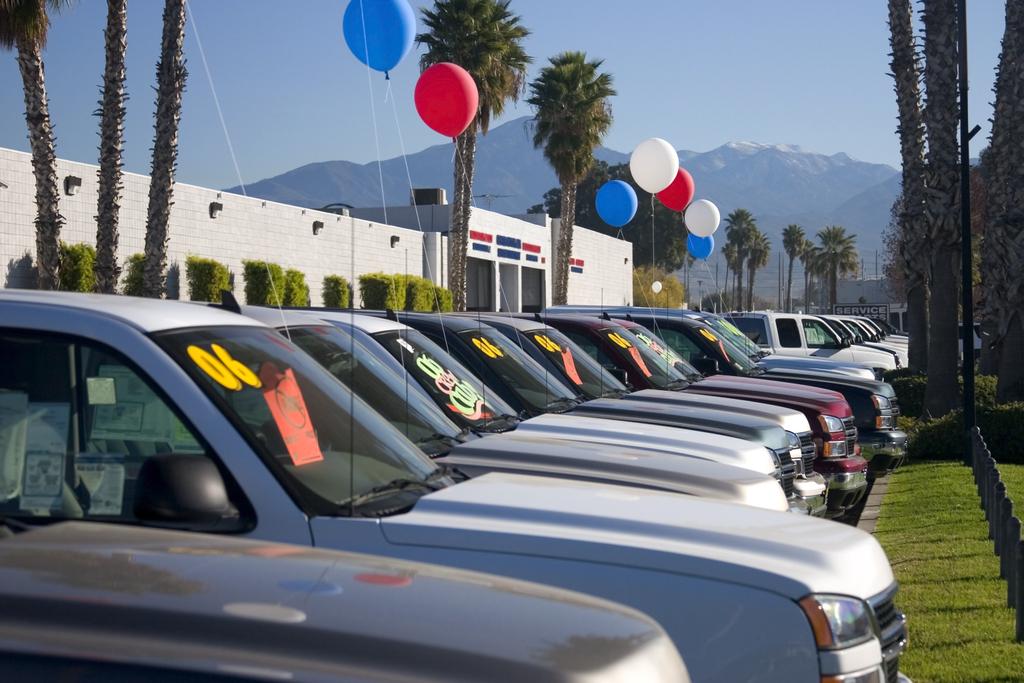
CARS.COM -- Once car dealers saw that consumers embraced certified pre-owned programs backed by the vehicle manufacturers, they seized the opportunity and started "certified" used-car programs of their own.
"Certified" used cars have sprouted like dandelions at multistore dealer groups, individual new-car dealers and even independent used-car dealers. The CarMax chain says its vehicles are "quality certified," and rental-car companies including Enterprise and Hertz also sell "certified" cars.
Though dealers often recondition used cars and some may add warranty coverage, slapping a "certified" label on a used car isn't the same as certifying it under a manufacturer's CPO program. When you see a "certified" label, it pays to ask, "Who's doing the certifying?"
Here are some key differences that separate factory CPO vehicles from the others:
- The CPO programs from the manufacturers are clearly identified by brand name (such as GM Certified Pre-Owned, Toyota Certified, Infiniti Certified Pre-Owned) and a logo linked to the brand, plus they all have websites accessible through the new-car online portal for that brand (such as Toyota.com, Ford.com).
- A factory CPO vehicle can be sold only by a franchised new-car dealer for that brand or manufacturer. For example, only Hyundai dealers can sell manufacturer-certified used Hyundais. In addition, each factory CPO program has age and mileage limits for vehicles to be eligible.
- With factory CPO programs, a dealer has certified to the manufacturer that it has performed a multipoint inspection of the vehicle, reconditioned it as needed and paid a fee to register it in the CPO program. The dealer should have documentation that shows this.
- Factory CPO vehicles receive additional warranty coverage from the manufacturer and benefits such as roadside assistance, free loaner vehicles and free trials of satellite radio and telematics services. These benefits should be spelled out in documents from the manufacturer.
- Warranty work and other items covered on a factory CPO vehicle can be done at any dealer for that brand, not just at the dealer or used-car chain that sold the vehicle.
If a vehicle is labeled "certified" but is not part of a manufacturer's CPO program, it is important to understand what warranties come with that vehicle, if any, and where repairs can be made. A factory CPO vehicle always will come with some warranty coverage from the manufacturer. That may not be the case with a vehicle certified under a dealer's program.
In addition, a warranty provided by a dealer (this includes rental companies selling used cars) may be limited to the first 12 months/12,000 miles or less, and it may cover only a handful of items. Moreover, it might be in effect while the factory warranty also still is in effect. In that case, qualifying repairs would be covered by the factory warranty -- which acts like the "primary insurer" in health insurance. That means the dealer's warranty could be of little or no value to you.
Shoppers also should be wary if a dealer offers to "certify" a used car only if you buy an extended service contract. That is just an attempt to make the extended warranty more palatable.
No comments:
Post a Comment